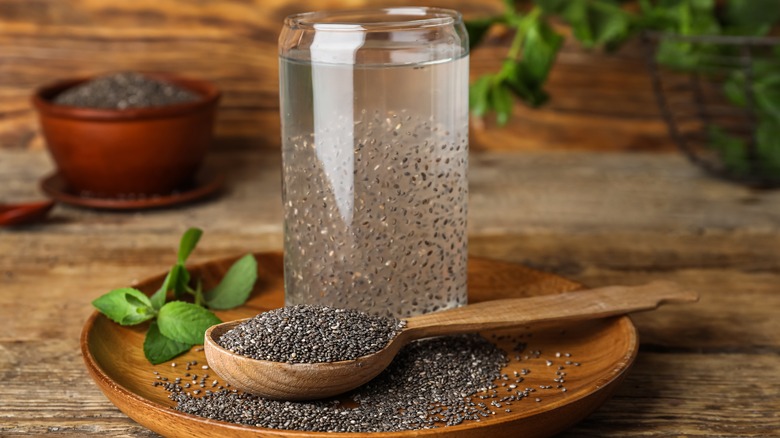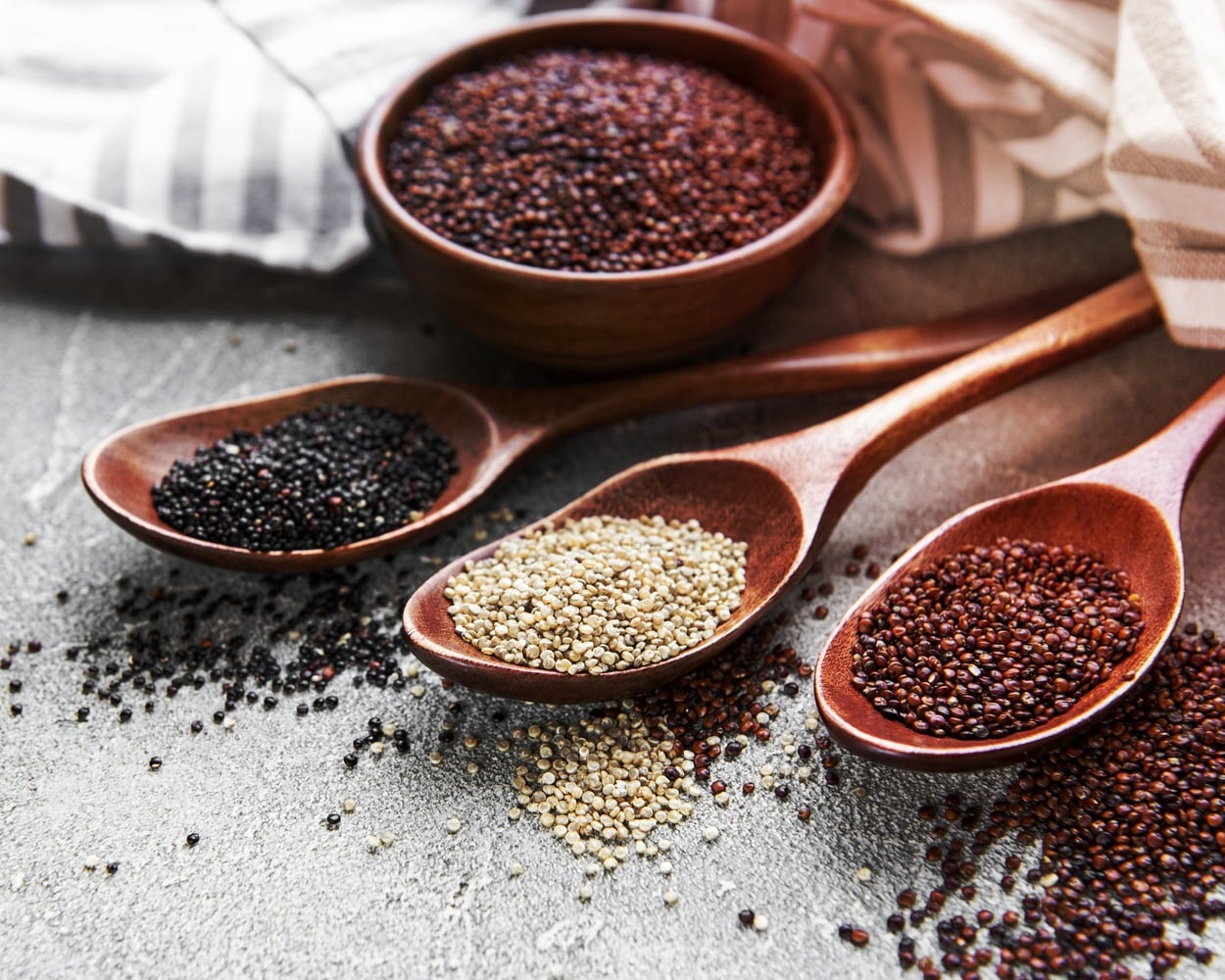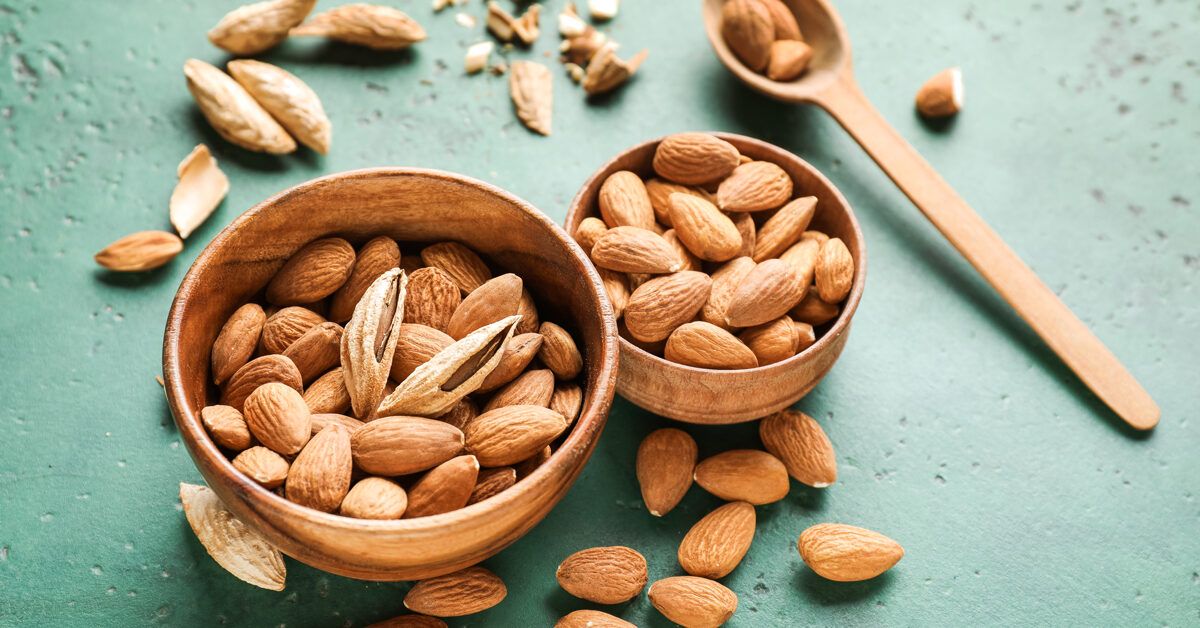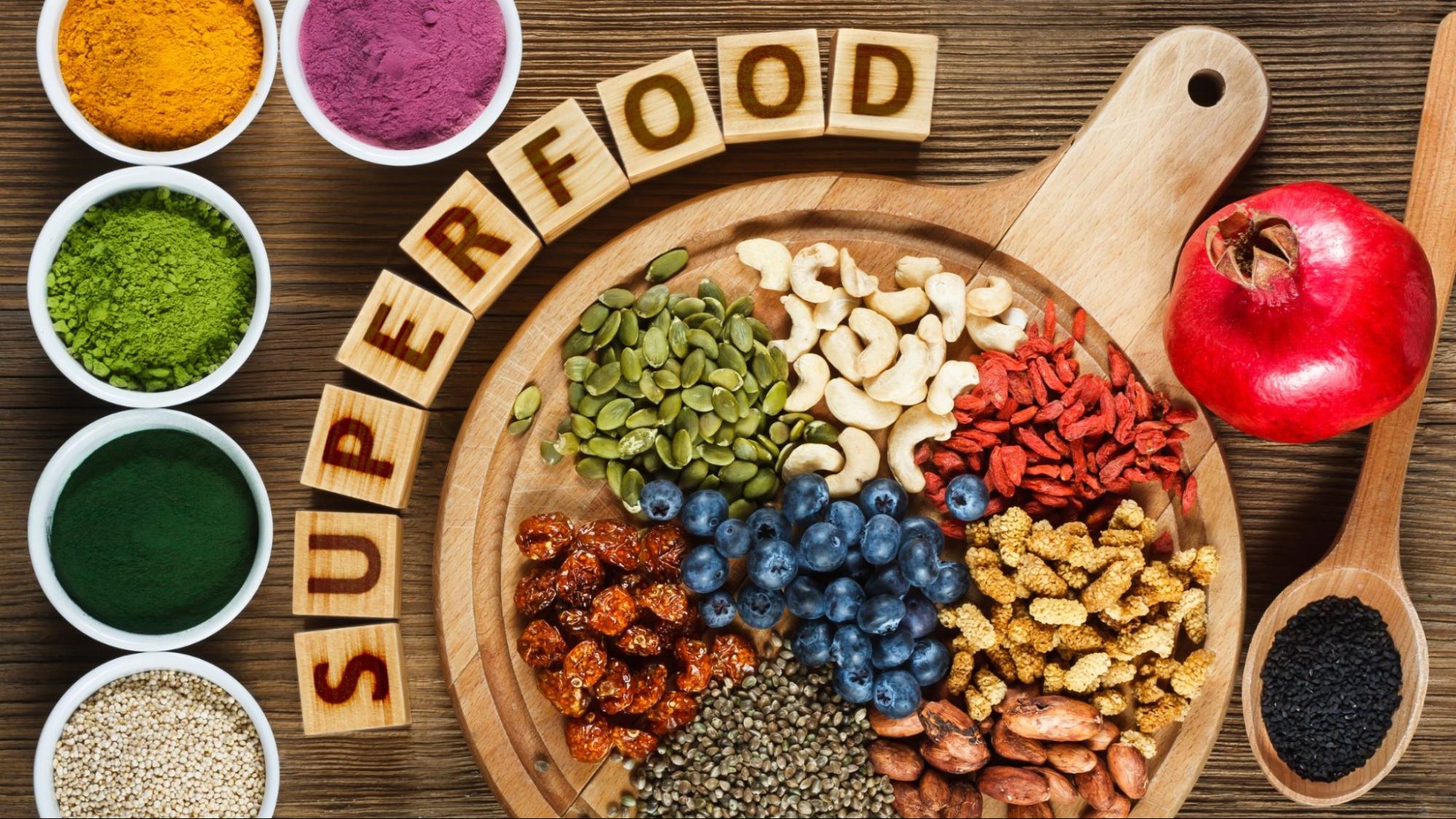In the pursuit of improved health, numerous individuals are embracing superfoods—foods rich in nutrients that provide a wide array of health advantages. These superfoods are filled with vital vitamins, minerals, antioxidants, and other beneficial compounds that aid in enhancing overall wellness, warding off chronic illnesses, and fostering longevity. By incorporating superfoods into your everyday meals, you can significantly elevate your nutrient consumption while boosting your energy and vitality. This article will highlight the top superfoods that you should add to your diet for optimal health benefits.
Blueberries: A Potent Source of Antioxidants
Blueberries rank among the most favored superfoods, and justifiably so. They are abundant in antioxidants, particularly anthocyanins, which provide their distinctive blue hue and assist in shielding the body from oxidative damage.
The Health Benefits of Blueberries Unveiled
- Loaded with Antioxidants: Blueberries boast one of the highest levels of antioxidants among fruits, helping to safeguard cells from harm and lower inflammation.
- Enhances Brain Function: Research indicates that blueberries can enhance memory and cognitive abilities, making them advantageous for brain health.
- Contributes to Heart Health: The fiber, potassium, and antioxidants in blueberries promote cardiovascular health by lowering cholesterol and regulating blood pressure.
Tips for Including Blueberries in Your Diet
Blueberries are highly adaptable and can be included in smoothies, yogurt, oatmeal, or salads. They are also a tasty and nutritious snack on their own.

Kale: A Nutrient-Dense Green Vegetable
Kale is a dark, leafy green that is loaded with nutrients. It stands out as one of the most nutrient-rich foods available, making it a superfood you shouldn’t ignore.
The Health Benefits and Nutritional Advantages of Kale
- Abundant in Vitamins: Kale is packed with vitamins A, C, and K, which are essential for immune health, skin vitality, and bone strength.
- Aids Detoxification: The fiber and sulfur found in kale support the body’s natural detox processes by promoting liver health.
- Boosts Eye Health: Kale contains lutein and zeaxanthin, antioxidants that protect the eyes from damaging blue light and decrease the chance of cataracts.
How to Incorporate Kale into Your Meals
Kale can be enjoyed raw in salads, sautéed as a side dish, or blended into smoothies. It can also be added to soups or made into crunchy kale chips.

Chia Seeds: Tiny but Mighty Superfood
Chia seeds may be small, but they are extremely nutritious, making them a superfood that can be easily integrated into your daily routine. They are an excellent source of fiber, protein, and omega-3 fatty acids.
Chia Seeds: Enhance Your Health Benefits Now!
- Loaded with Omega-3 Fatty Acids: Chia seeds are one of the best plant-based sources of omega-3s, crucial for brain health and reducing inflammation.
- Rich in Fiber: The fiber in chia seeds supports digestive health and helps stabilize blood sugar levels, aiding in sustained energy throughout the day.
- Enhances Bone Strength: Chia seeds are abundant in calcium, magnesium, and phosphorus, all of which are vital for maintaining robust bones.
Incorporating Chia Seeds into Your Diet
Chia seeds can be sprinkled on oatmeal, yogurt, or smoothies. They can also be turned into chia pudding by mixing with almond milk and allowing it to sit overnight.

Salmon: A Rich Source of Omega-3 Fatty Acids
Salmon is a fatty fish renowned for its high-quality protein and omega-3 fatty acids, both essential for overall wellness. Including salmon in your nutrition plan can aid in maintaining heart and brain health.
The Health Benefits of Salmon: Nutrition, Omega-3s, and Beyond.
- High in Omega-3 Fatty Acids: Salmon is a prime source of omega-3s that help mitigate inflammation, control blood pressure, and reduce heart disease risks.
- Supports Cognitive Function: The omega-3s in salmon enhance cognitive abilities and may lower the risk of neurodegenerative disorders like Alzheimer’s.
- Facilitates Muscle Development: As an excellent source of high-quality protein, salmon is conducive to muscle recovery and growth, making it suitable for active individuals.
Ways to Add Salmon to Your Meals
Salmon can be prepared grilled, baked, or poached, and is delightful on its own or as part of salads, wraps, or grain bowls. Aim to incorporate fatty fish like salmon into your meals at least twice weekly.

Avocados: A Heart-Healthy Fruit
Avocados are loaded with healthy fats, particularly monounsaturated fats known for enhancing heart health. They also provide a variety of vitamins and minerals.
Avocados: A Nutrient-Rich Fruit with Abundant Benefits.
- Rich in Healthy Fats: The monounsaturated fats in avocados help decrease bad cholesterol levels and lower heart disease risks.
- Loaded with Nutrients: Avocados are great sources of potassium, folate, and vitamins C, E, and K, all of which contribute to overall wellness.
- Enhances Fullness: The combination of healthy fats and fiber in avocados improves satiety, making them a beneficial addition to meals for weight management.
Incorporating Avocados into Your Meals
Avocados can be mashed into guacamole, sliced on toast, or tossed into salads and sandwiches. They can also be blended into smoothies for a creamy consistency.

Quinoa: A Complete Protein Source
Quinoa is a gluten-free grain recognized as a complete protein, as it contains all nine essential amino acids. This makes it a fantastic option for plant-based eating.
Quinoa: Nutrient-Packed Superfood for Enhanced Health.
- High in Protein: Quinoa is among the few plant-based foods providing all essential amino acids, making it an excellent protein source for vegetarians and vegans.
- Rich in Fiber: The fiber in quinoa supports digestive well-being and aids in blood sugar regulation.
- Naturally Gluten-Free: Quinoa is naturally gluten-free, making it a great substitution for wheat-based grains for those with gluten sensitivities.
Easy Ways to Incorporate Quinoa into Your Diet
Quinoa can serve as the base for salads, be added to soups, or presented as a side dish. It can also be used in lieu of rice or pasta for a healthier, nutrient-dense alternative.

Almonds: A Nutritious Snack Choice
Almonds are brimful with healthy fats, fiber, protein, and an array of vitamins and minerals. They serve as a convenient and healthy snack option that can be enjoyed at any time.
Almonds: A Nutrient-Rich Superfood Offering Health Benefits.
- Supports Heart Wellness: Almonds are high in monounsaturated fats that help decrease cholesterol levels and mitigate heart disease risks.
- Excellent Source of Vitamin E: Almonds are one of the top sources of vitamin E, an antioxidant that safeguards cells from damage aiding healthy skin and vision.
- Aids in Weight Control: Although calorically dense, almonds can assist in weight management by promoting feelings of fullness, thanks to their blend of healthy fats, fiber, and protein.
How to Include Almonds in Your Diet
Almonds can be consumed alone as a snack, tossed into salads or oatmeal, or transformed into almond butter for a delightful spread.

Turmeric: The Potent Anti-Inflammatory Spice
Turmeric is a spice renowned for its medicinal attributes that have been utilized for centuries. Its active component, curcumin, is a powerful anti-inflammatory and antioxidant substance.
The Health Advantages of Turmeric: A Natural Anti-Inflammatory Powerhouse.
- Reduces Inflammation: Curcumin boasts substantial anti-inflammatory abilities, which can help lower the risk of chronic diseases like arthritis and heart ailments.
- Benefits Joint Health: Turmeric is frequently used to ease joint pain and enhance mobility for those with arthritis.
- Boosts Immune Support: The antioxidant properties of turmeric aid in fortifying the immune system and defending against infections.
Ways to Incorporate Turmeric into Your Diet
Turmeric can be added to soups, curries, and smoothies. It can also be blended to make golden milk, a comforting beverage crafted from turmeric, almond milk, and honey.

Conclusion on the Topic Discussed
Integrating superfoods into your daily meals is an outstanding approach to improving your overall health and vitality. Foods such as blueberries, kale, chia seeds, salmon, avocados, quinoa, almonds, and turmeric are abundant in vital nutrients that bolster various health aspects, from brain function to cardiovascular health. By consistently including these superfoods in your diet, you can nourish your body with the essential vitamins, minerals, and antioxidants it requires to thrive.

